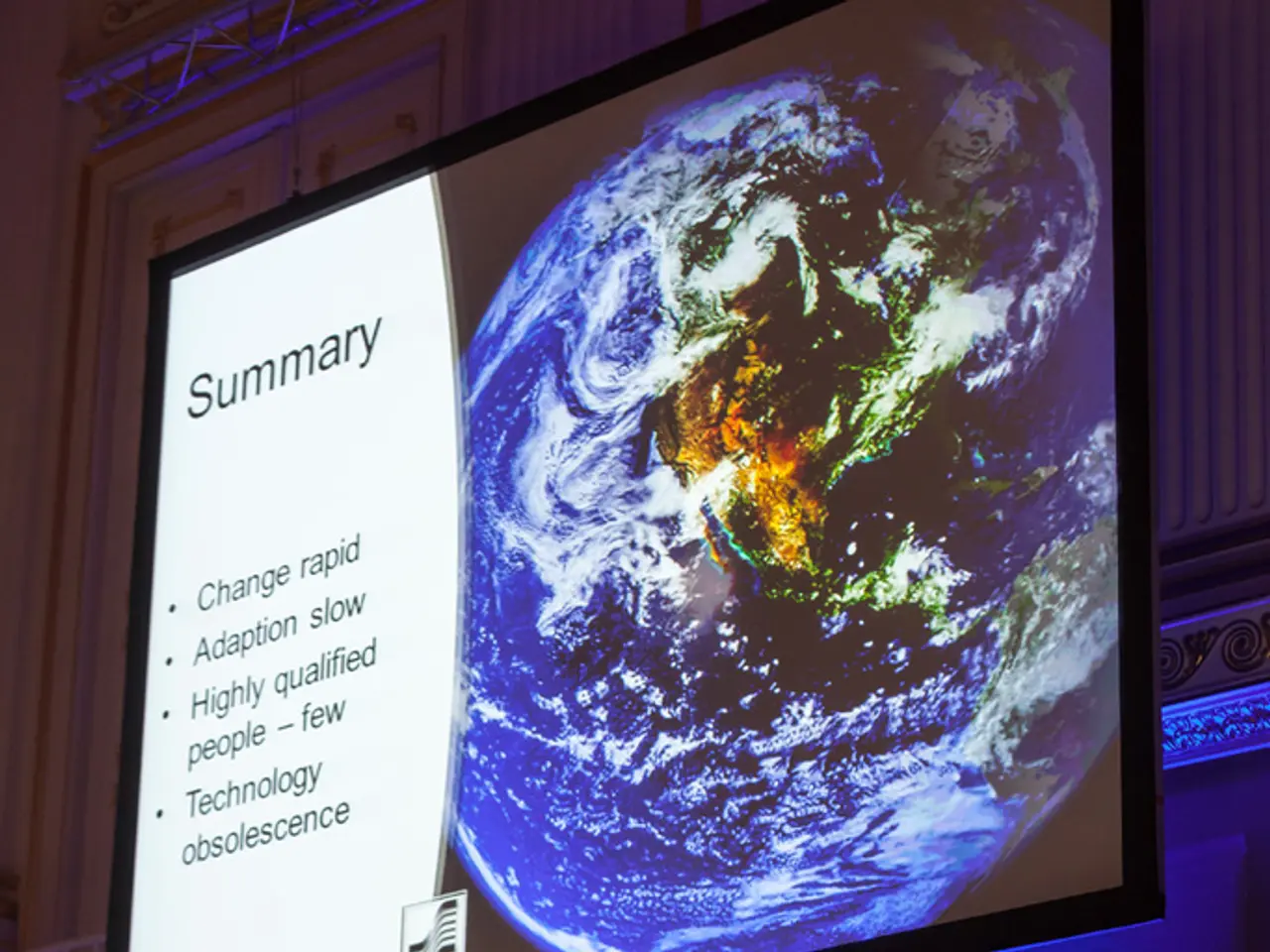Immersive learning for medical students is amplified via 33 Epson projectors, providing an enhanced educational environment.
In the heart of Swansea University, a groundbreaking educational space is revolutionising the way medical students learn - the Simulation and Immersive Learning Center. This state-of-the-art facility uses 33 Epson EB-PU1006W 6,000-lumen 3LCD laser projectors to create a ceiling-to-floor, immersive environment that provides a more realistic learning experience for students.
The technology is designed to simulate practical environments for medical students, and the walls in the facility are touch-sensitive, a feature that large screens could not provide with the required accuracy for medical simulations. According to Scott Barnett, simulation operations lead at Swansea University, the biggest challenge was ensuring the convincing nature of the imagery being projected on the walls.
The previous projectors were not suitable for the immersive environment the school aimed to create. However, Epson's projectors, hidden in the ceiling, have proven to be an ideal solution.
Joanne Davies, associate professor and head of simulation at Swansea University, emphasises that the primary focus is on improvement in patient safety and preparing learners to be clinicians. The immersive learning environment provided by the Epson projectors is a significant step towards achieving this goal.
Epson's projectors offer several key features that contribute to creating immersive and effective educational experiences. They provide high brightness and colour accuracy, ensuring sharp, vivid images even in well-lit rooms. Epson’s 3LCD three-chip technology guarantees accurate colour reproduction, preventing the washed-out images common with older projectors.
The projectors also boast a short-throw and ultra-short-throw design, allowing large images to be displayed from just a few inches away from the projection surface. This feature minimises shadows cast by presenters or participants moving in the space, promoting a seamless immersive experience critical for interactive learning and simulations.
Flexible display options are another advantage of Epson projectors. They support wide and ultrawide aspect ratios, split-screen capabilities, and advanced geometric correction which allow multiple sources or complex visuals to be displayed simultaneously. This flexibility enhances collaborative and simulation-based learning.
Recent Epson projector models also come with compact form factors, wireless connectivity options, and eco-friendly design features. These attributes facilitate easy integration with a broad range of devices and support hybrid learning spaces, aligning with institutional ESG goals.
Advanced projection features, such as projection mapping on intricate surfaces and high-brightness projectors, make Epson products suitable for creating highly immersive environments that can simulate realistic scenarios. Tools like Epson’s Projector Professional Tool enable ultra-high-definition curved displays and edge blending to create seamless large-format visuals.
In conclusion, Epson’s projectors offer high brightness, colour fidelity, short-throw design, versatile display capabilities, wireless connectivity, and eco-conscious engineering. These qualities make them exceptionally well-suited for immersive learning environments like Swansea University’s Simulation and Immersive Learning Center, where large, vivid, and flexible visual displays enhance the effectiveness of simulation-based education by engaging learners in realistic, collaborative, and interactive experiences.
A video case study of the facility can be seen in the link provided, offering a first-hand look at how Epson projectors are transforming medical education at Swansea University.
The Simulation and Immersive Learning Center at Swansea University utilizes advanced technology, such as Epson's projectors, to create an immersive learning environment, which is crucial for education-and-self-development in medical studies. Epson's technology, with features like high brightness, color fidelity, short-throw design, and versatile display capabilities, is specially designed to simulate practical environments and improve patient safety, serving as a key component in technology for education-and-self-development.




